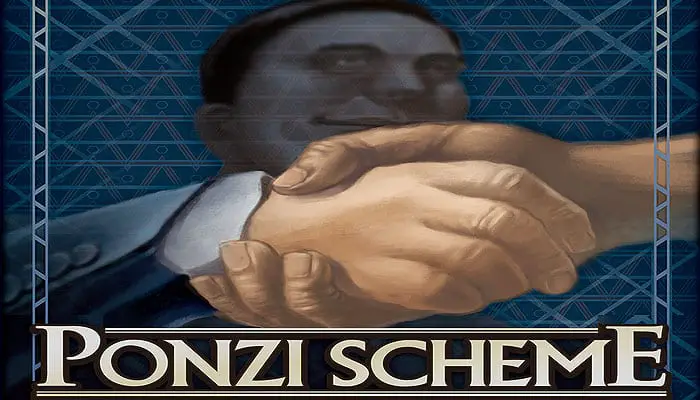In 1919, the global financial market is in a recession following the end of World War I. Charles Ponzi, who have just returned to Boston, came up with a brilliant get-rich-quick scheme.
He lured numerous investors with the promise of high returns into an investment plan concerning a kind of European stamps -- the International Reply CouponAs (IRC).
Instead, he was merely robbing Peter to pay Paul, using the cash received from new investors as the dividends paid out to existing investors each month, and Ponzi made no effort to generate legitimate profit.

But due to the lack of information transparency, his promised "50% return on investment after only 45 days" received very positive responses from the Boston Post and various news outlets, and thousands of people were eager to hand over their money to Ponzi.
The scheme lasted for a year, at which point it was finally brought down by the increasing burden of dividends. It was revealed by suspicious authorities that Ponzi's company was deeply in debt, with no real method of earning money. Charles Ponzi was sentenced to prison shortly after his bankruptcy.
Similar schemes have occurred several times over the last century, with increasingly "promising" investment plans and "overly complex" financial instruments. And the term "Ponzi Scheme" has even been passed into professional terminology in the field of finance.

Based on the textbook example of financial scams, "Ponzi Scheme" is the term used to describe the technique Charles Ponzi employed in 1919 to operate one of the most notorious financial fraud in history.
In the game Ponzi Scheme, players are scammers trying to trick investors into funding fraudulent investments with the promise of extremely high returns.
You need elaborate trading skills to keep your operation afloat as long as possible, and as time goes on the dividends you need to pay every turn will only pile higher and higher! But when someone declares bankruptcy, the remaining fraudster who forged the biggest shell corporation wins the game!
The goal of the game is simple: Don't be the first player to go bankrupt!
In more detail, on each turn, players must take one new Fund card from the Funding boards along with a corresponding Industry tile and cash as indicated on the card. You need to pay the "promised reward" of each Fund card in a number of rounds.
After all players have taken their Fund cards, they may choose to initiate an "inside trade" with one other player in order to buy the Industry you want with a price they can't refuse, or sell your own Industry to them with a good price.
At the end of the round, players rotate their Time Wheel 1 or 2 spaces, and pay the "promised reward" to the bank if any Fund card is due.
The game continues until at least one player cannot pay the "promised reward" due and goes bankrupt. That player is out of the game, and the remaining player who has the most VP on their Industry wins.






